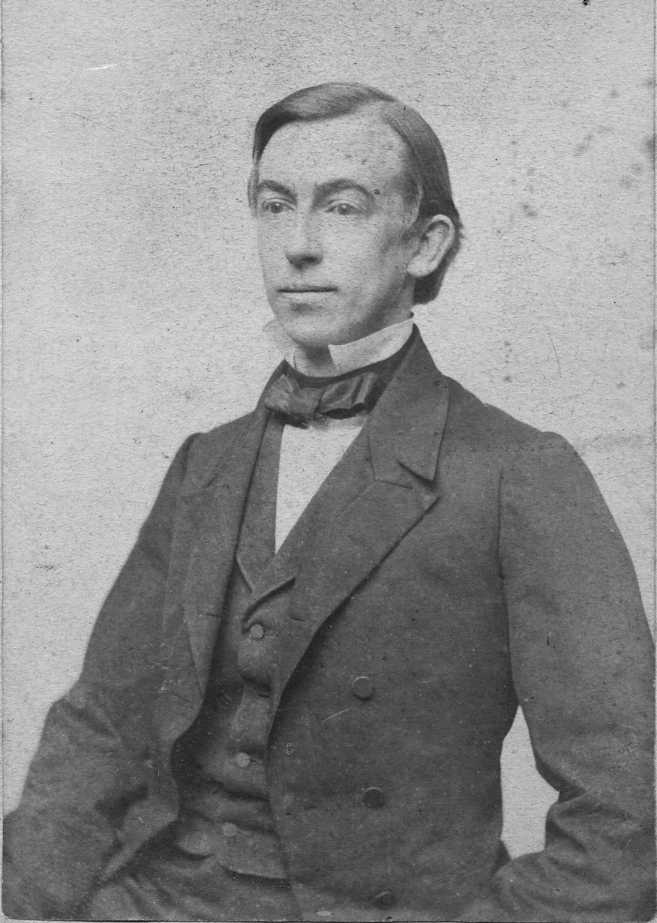
Elizabeth Abbot Smith, however, was not finished. She wanted a museum to complement the April 19 historic site, and she wished it be built in honor of her father, George Abbot Smith, her grandfather, Reverend Samuel Abbot Smith( 1829-1865) and his grandfather, Reverend Abiel Abbot ( 1765-1859) of Peterborough, New Hampshire.
The oldest of these gentlemen, Reverend Abiel Abbot, D.D. was a beloved Unitarian minister in Peterborough, New Hampshire, honored by the town for having created the first free public library in 1833. The learned Reverend Abbot taught at Harvard, Phillips Academy and the Dummer Academy. He also served as a missionary in Maine and held the pulpit in Coventry Connecticut, being dismissed in 1819 due to theological differences with his parishioners, until finally settling in mutual happiness with the Unitarian flock in Peterborough, New Hampshire.
When the young Samuel Abbot Smith’s mother died, he (1829-1865) lived several years with his maternal grandparents and aunt. A deeply enduring tie developed between young Samuel and his grandfather, Reverend Abiel Abbot, and between the boy and the mountains of southern New Hampshire.
Gifted with mechanical abilities but also a strong student—he was first in his class at Philips Exeter and at Harvard, from which he graduated in 1848— he chose divinity as his profession. He also chose West Cambridge (“with some hills,” he noted in a letter to a friend) as his first pastorate in 1854. A popular and committed minister, Reverend Smith gave West Cambridge more than sermons: he gave them their history. Samuel Abbot Smith collected and connected all of the first-hand stories that existed about that town’s role on April 19, 1775, the first day of the American Revolution in his West Cambridge 1775.
In 1865 Reverend Smith traveled to Virginia to do missionary work in Norfolk, Virginia to preach Liberal Christianity to the people—the newly freed and the recently defeated—of the South. Eight Sundays later the good minister struggled home, mortally ill with typhoid fever, to die.
In earlier happier times Reverend Samuel Abbot wrote a note of praise to his eldest son:
I am glad to know that you led the blind man out of church. I know it made you happy. It always makes us happy, if we do a good thing (Memoir, p. xlv)
The good man, Samuel Abbot Smith, is buried in Arlington’s Old Burying Ground, one of the last people to be buried there.



Leave a Reply